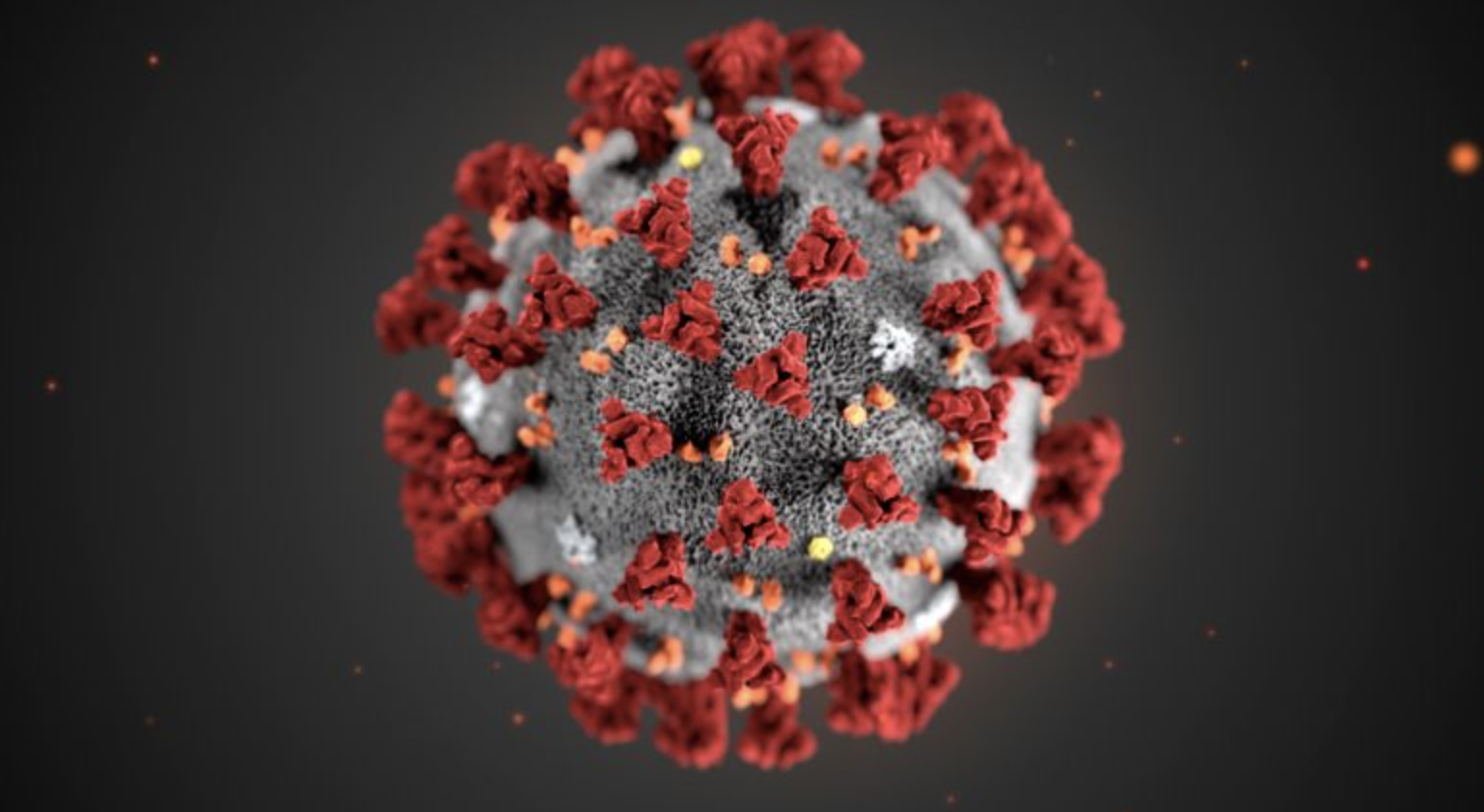By Ophelia Kimber, Staff Writer
COVID-19: Nearing success with current vaccine trials in phase three testing.
As of August 23, 2020, the coronavirus has infected 23,057,288 people globally and has taken the lives of 800,906, according to the WHO Coronavirus Disease (Covid-19) Dashboard. With the numbers of cases and deaths rising daily, vaccine research is being conducted throughout the entire world at staggering speeds. As the world approaches nearly a year since the COVID-19 pandemic began, half of which was spent in quarantine, eagerness and determination in scientific research and discovery have never been more apparent.
The CDC outlines the process for vaccine trials to occur in three phases: phase one, the testing of the vaccine on small groups of people, phase two, the vaccine is given to those it is intended for, and phase three, the final stage of trial in which the vaccine is given to thousands of volunteers to test its safety and efficacy. According to Jeff Craven of raps.org, the U.S. government has chosen three vaccine trials to fund for phase three, two of them being Oxford University and Astrasenica’s AZD1222 SARS-CoV-2 vaccine and Moderna’s mRNA-1273 vaccine.
In partnership, Oxford and Astresenica are working on a vaccine made from a weakened cold virus, adenovirus, which infects chimpanzees. Yasemin Saplakogu in an article entitled: “Here Are the Most Promising Coronavirus Vaccine Candidates Out There” published to livescience.com, explains that the virus has been genetically modified to be unable to replicate in humans, but has the ability to identify the “spike-proteins” it uses to infect people. Throughout a fifty-six day study on healthy adults aged eighteen to fifty-five, immune and antibody responses to the vaccine remained high, peaking at twenty-eight days, states Matt Reynolds of wired.com in “Everything You Need to Know About the Oxford Covid-19 Vaccine.” In an interview with BBC, Professor Andrew Pollard from Oxford Research explained that 90% of participants developed neutralizing antibodies after only one dose of the vaccine. The vaccine has caused no serious side-effects, but 70% of participants experienced a fever and headache. While the vaccine hasn’t been proven as a source of prevention, studies show that it is in fact safe and able to create an immune response.
The mRNA-1273 vaccine developed by U.S. biotech company Moderna and the National Institute of Allergy and Infectious Disease (NIAID) is the first to be tested on humans in the United States. Yasmine Saplakogu of livescience.com outlines that the mRNA vaccine uses genetic material to teach cells to create the virus themselves, which ultimately triggers an immune response allowing the body to naturally and effectively fight it. These mRNA vaccines such as this one may cause side effects and can often have stability issues, however, promising results were reported in a phase one study in July. Each of the forty-five participants, divided into groups to receive either low, medium, or high dosages of the vaccine, produced high levels of antibodies after the second dose. Furthermore, the antibody levels produced in the participants were greater than those of recovered COVID-19 patients. Although successful in creating antibodies, the vaccine caused mild adverse symptoms including fatigue, chills, headaches, muscle aches, and pain where the vaccine was injected, in over half of the participants. Some participants even experienced fevers, but felt better after a few days. Contrary to the Oxford vaccine, which hasn’t been proven to prevent the coronavirus, the Moderna vaccine, when tested on monkeys, showed signs that it did protect against early contraction of the coronavirus.
While no vaccine trials have been declared successful in curing the novel coronavirus pandemic, promising research suggests the near possibility. With about thirty-six vaccines in trial on humans and eighty-nine preclinical vaccines, reported in Jonathan Corum, Denis Grady, Sui-Lee Wee, and Carl Zimmer’s “Coronavirus Vaccine Tracker” and published to The New York Times, it seems the science is nearly there. The accelerating scientific research being done leads some to estimate that a vaccine will be presented in mid-2021, writes BBC’s James Ghallaghar in “Coronavirus Vaccine: When Will We Have One?” while according to UCI Health’s “When Will We Have a COVID-19 Vaccine?” others presume a further timeline, around two to five years. Despite the varying estimates, hope is seemingly on the way with the rapid speed in which science is being conducted for a vaccine that would generally take years to produce.
To learn more about COVID-19, please visit: https://www.cdc.gov/coronavirus/2019-nCoV/index.html

